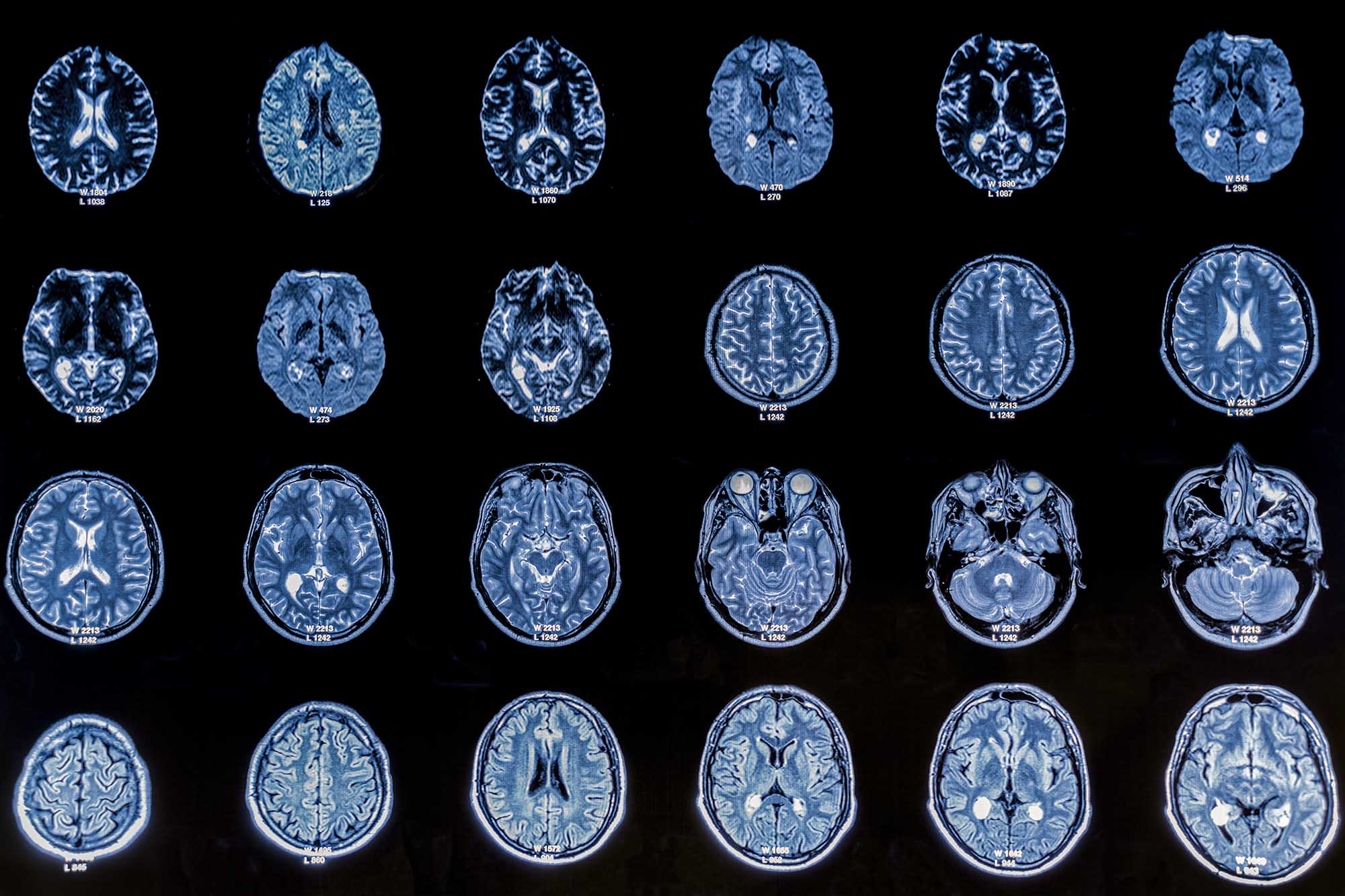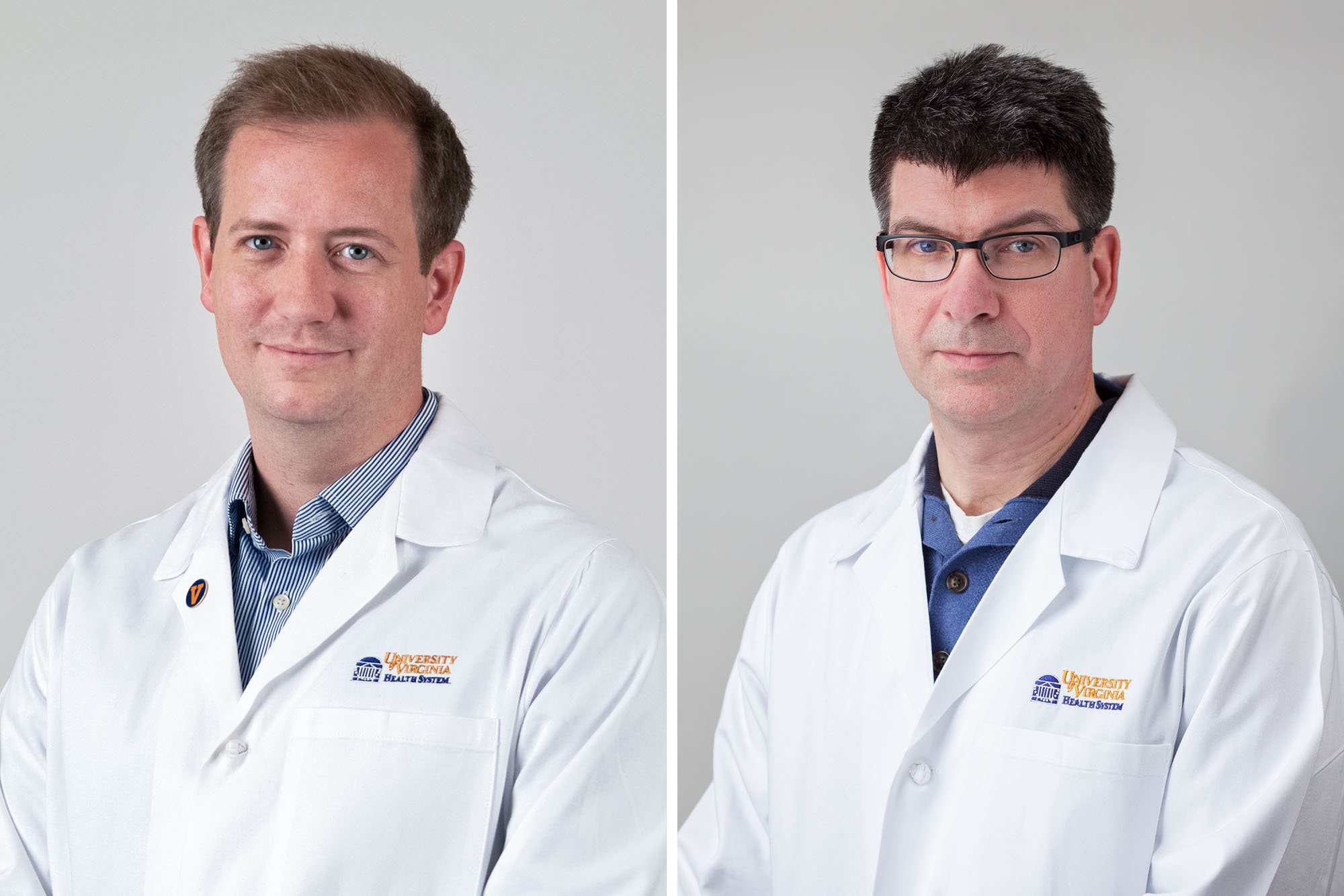New research from the University of Virginia School of Medicine reveals why sleep can put people with epilepsy at increased risk of sudden death.
Both sleep and seizures work together to slow the heart rate, the researchers found. Seizures also disrupt the body’s natural regulation of sleep-related changes. Together, in some instances, this can prove deadly, causing sudden unexpected death in epilepsy, or SUDEP.
“We have been trying to better understand the cardiac changes around the time of a seizure in patients with epilepsy,” said Dr. Andrew Schomer, of UVA’s Department of Neurology and the UVA Brain Institute. “When we looked at the heart rates for patients with epilepsy admitted to the hospital, many of them develop tachycardia [a fast heart rate] following a seizure, but a subset of patients have a decreased heart rate. This decline was more pronounced when the patients were asleep.
“The mechanism of SUDEP, or sudden unexpected death in epilepsy, is still not fully understood. We know there is an increased risk during sleep and if seizures are poorly controlled. Hopefully with further study we can try to identify individuals who are at an increased risk and work to prevent this devastating outcome.”
Understanding SUDEP in Sleep
Doctors have been unsure how seizures in sleep can cause death, such as was the case with young Disney Channel star Cameron Boyce in 2019. He died of SUDEP while sleeping at age 20. (While SUDEP can occur when patients with epilepsy are awake, the majority of cases occur during sleep.)











